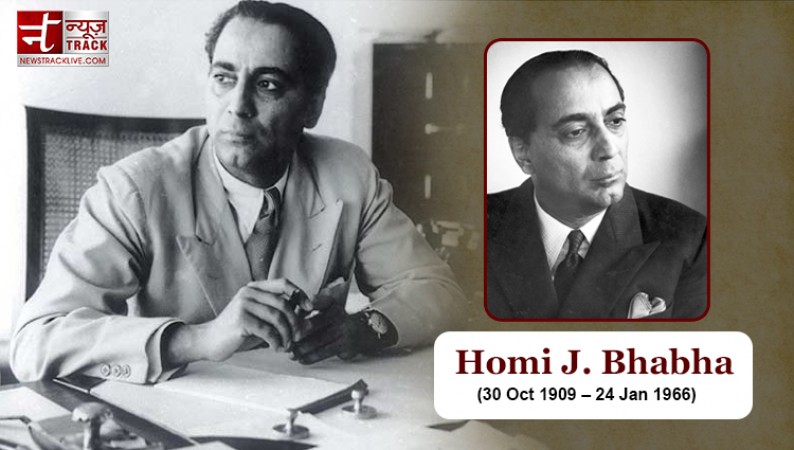
Let us pay tribute to Homi J. Bhabha on his death anniversary; the father of the Indian nuclear programme, who played a pivotal role in helping India become the nuclear power it is today.
On 24 January 1966, at 7:00 am, Air India flight 101 from Bombay to New York crashed into Mont Blanc in the Alps, killing all 117 passengers on board. One of the passengers on the Boeing 707 named ‘Kanchenjunga’ was India’s foremost nuclear scientist, Homi Jehangir Bhabha. He was just 56 at his death.
Who was Homi J. Bhabha?: Homi Bhabha was a well-known nuclear physicist, who pioneered India’s nuclear energy programmes. He studied in Cambridge, where he was internationally acclaimed for his work with cosmic rays. He was working in the famed Cavendish Library where many discoveries of the time were taking place.
Bhabha graduated with a degree in mechanical engineering from Cambridge University in the UK, but he was still itching to make his mark in the field of physics. With his father's capable assistance, Bhabha earned a second degree in theoretical physics. Dr. Bhabha is credited with many firsts, including the Bhabha scattering and the Bhabha-Heitler hypothesis. He was chosen as a fellow of the London Royal Society at the age of 31. He worked alongside prominent scientists from throughout the world, expanding his expertise and developing his leadership skills.
The Second World War, among other factors, put an end to Bhabha's plans to travel abroad. He began working as a Reader in the Department of Physics at the Indian Institute of Science, Bangalore in 1939, which put him in close contact with Sir C. V. Raman, the institute's director. He established a cosmic ray research unit.
Dr. Bhabha's fierce desire to succeed in the field of physics drove him to take the first steps toward establishing a centre for nuclear scientific research. Dr. Bhabha established a laboratory in Kenilworth, Bombay, with the help of the Tata Trust, whose funding he had requested. Following the establishment of the Tata Institute of Fundamental Research, formal research in the fields of physics, chemistry, electronics, and mathematics started.
Contributions: The Atomic Energy Commission and the Department of Atomic Energy were established in 1948 and 1954, respectively, thanks to the tireless efforts of this outstanding man. Dr. Bhabha's friendship with Jawaharlal Nehru, who was the country's prime minister at the time, was a significant role in the development of nuclear sciences. Both had identical goals and tried to give India a foothold in this industry.
Birth: 30th October marks the birth anniversary of Homi Jehangir Bhabha, also revered as ‘The Father of Indian Nuclear Program’ known for his path-breaking contributions to Quantum Theory and Cosmic Radiation.